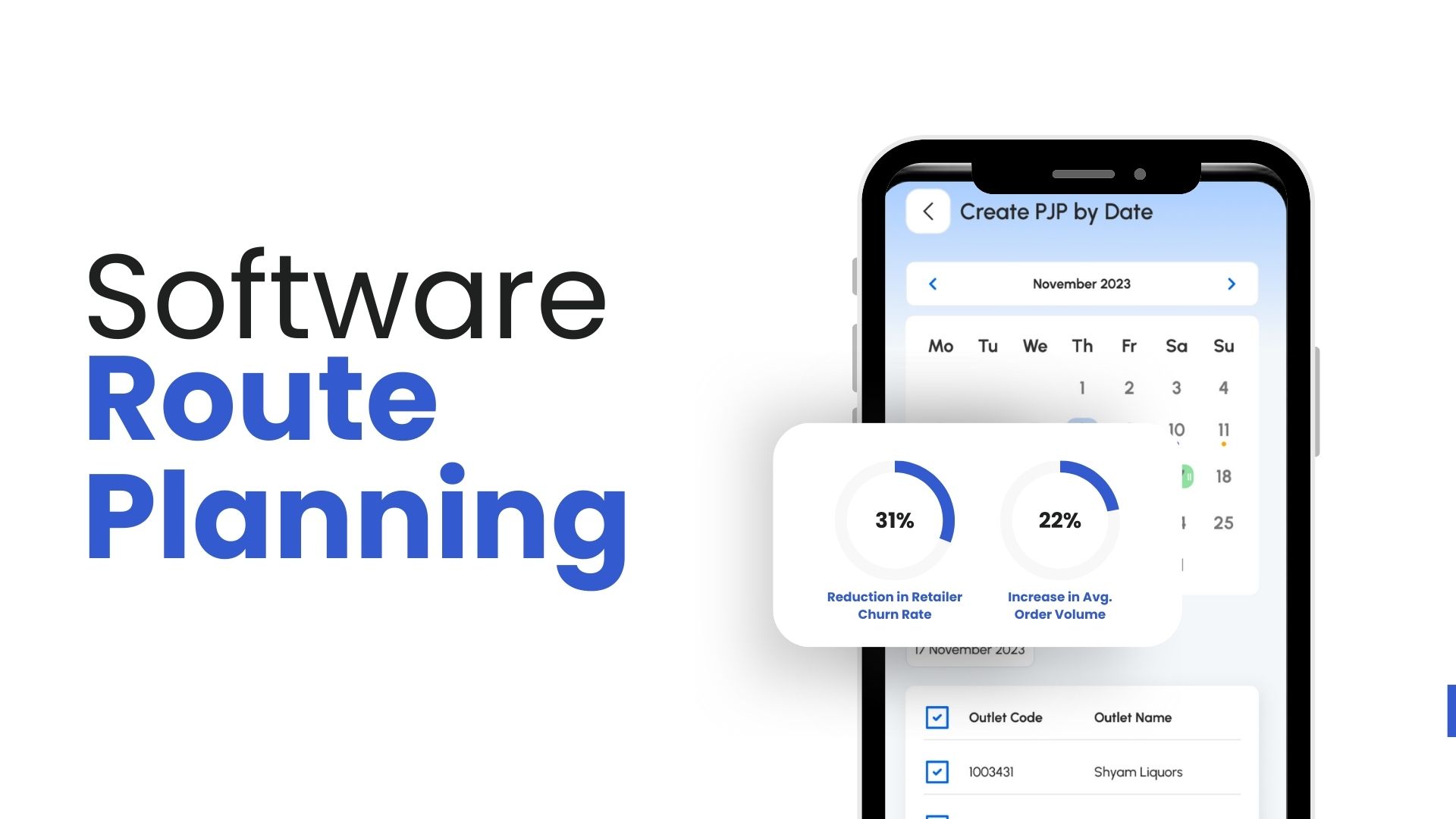The business environment is consistently booming, and competition is steeply rising, which means that if you want your business to stand out, you need to have the latest tools and advancements. The combination of real-time data and analytics helps with just that.
The introduction of Customer Relationship Management (CRM) software has revolutionized how businesses approach sales. CRM software provides a powerful toolset that leverages real-time data and analytics. It helps the sales team make informed decisions and retain customers for the business.
If you are contemplating integrating the best CRM software for your business, knowing the benefits of incorporating real-time data and analytics into your sales strategy can help.
What are Real-time Data and Analytics?
Real-time data refers to information captured, processed, and analyzed as it occurs. This contrasts with traditional data analysis methods involving batch processing and delays.
Conversely, analytics is the process of examining data to uncover patterns, trends, and insights. When combined, real-time data and analytics provide a powerful tool that enables business to make informed decisions.
What is the Role of CRM Software?
CRM (Customer Relationship Management) software is critical to leveraging real-time data and analytics for sales strategy. It is a hub that keeps track of all the relevant customer information, interactions, and sales data.
CRM software can collect and analyze real-time data from various sources by integrating with other systems, such as marketing automation and sales enablement platforms.
Key Benefits of Real-Time Data and Analytics in Sales Strategy
Now that you have a clear idea about CRM tools and how they work, it is essential to pay attention to the benefits of real-time data and analytics in sales strategy, focusing on how CRM software can facilitate their implementation.
1. Enhanced Decision Making
Companies are run on prompt and correct decisions, and the implementation of a CRM solution that offers real-time data and analytics is the key driving factor.
Traditional sales strategies often rely on historical data, which, while valuable, may not reflect the current market dynamics. Real-time data provides a live snapshot of what is happening in the market, allowing sales teams to make decisions based on the most up-to-date information.
For example, if a sales manager notices a sudden increase in interest in a particular product or service, they can quickly allocate resources to capitalize on this trend. Conversely, if a decline in customer engagement is detected, the sales strategy can be adjusted immediately to address the issue.
The ability to make data-driven decisions in real-time can lead to more accurate forecasting, better resource allocation, and, ultimately, higher sales performance.
2. Improved Customer Insights
One key benefit of leveraging real-time data and analytics is gaining better insights into the customer’s behavior and buying journey. When the sales team has a better idea about the customer, it enables them to better mold their sales approach, streamlining the business's growth.
CRM software with real-time analytics provides deep insights into customer behavior, preferences, and needs. By analyzing real-time data, sales teams can identify different kinds of patterns and trends that may not be apparent through traditional data analysis methods.
For instance, real-time analytics can reveal which products or services are gaining more traction among the customers and, how customers interact with marketing campaigns, and what factors influence their purchasing decisions. This information can further be used to tailor sales pitches, create personalized marketing messages, and develop targeted sales strategies.
3. Increased Sales Efficiency
When the sales team has a better outlook on the customer’s buying journey, it directly translates to sales efficiency. Real-time data and analytics streamline the sales process by providing instant access to vital information, eliminating wasting time on data collection and analysis.
With CRM software, sales teams can automate tasks such as data entry, lead scoring, and follow-up reminders, freeing up more time for selling. Real-time alerts can notify sales representatives when a lead reaches a particular stage in the sales funnel, prompting immediate action.
Furthermore, real-time data allows for better pipeline management. Sales managers can monitor deal progress in real time, identify bottlenecks, and provide support where needed.
4. Enhanced Customer Experience
A happy customer is a happy business. This saying applies to pretty much every business, regardless of niche or industry.
CRM software with real-time data and analytics plays a vital role in enhancing the customer experience by enabling sales teams to respond to customer needs quickly and effectively. When you can promptly cater to the customer’s needs and offer them resolutions on the dot, it makes them feel valued, translating to more sales.
Real-time data also provides a comprehensive view of each customer's journey. For example, if a customer has a history of purchasing certain products, a sales representative can proactively suggest similar items or offer a discount on future purchases, making the customer feel valued and understood.
5. Better Sales Forecasting
The last and potentially one of the most important aspects of using real-time data and analytics via CRM software is ensuring better sales forecasting.
Traditional forecasting methods often rely on historical data and static models, which may not account for current market conditions or changes in customer behavior. Real-time data and analytics offer a more dynamic approach to sales forecasting, providing timely and relevant insights.
CRM software with real-time analytics can track key performance indicators (KPIs) such as lead conversion rates, sales cycle length, and customer acquisition costs in real time. This data can be used to create more accurate sales forecasts that reflect the current state of the market and the sales pipeline.
For example, if a sales forecast shows a potential shortfall in meeting targets, sales managers can implement corrective measures, such as adjusting quotas or launching targeted marketing campaigns, to address the issue before it becomes critical.
Unlock Real-Time Sales Success with 1Channel CRM
Harness the power of real-time data and analytics with 1Channel's CRM. Gain instant customer insights, enhance decision-making, and boost sales efficiency—all designed to drive measurable business growth and competitive advantage.
Explore CRM Solutions →Conclusion
Having access to the right CRM software is vital in providing you with the competitive edge you need to grow and expand your business. Integrating the right solution for your business helps foster stronger customer relationships, achieve higher sales performance, and ultimately drive greater success.
1Channel’s CRM software is designed to mold to your business needs, irrespective of the industry you hail from. Book your demo today!


